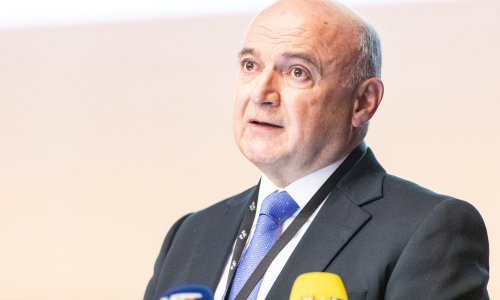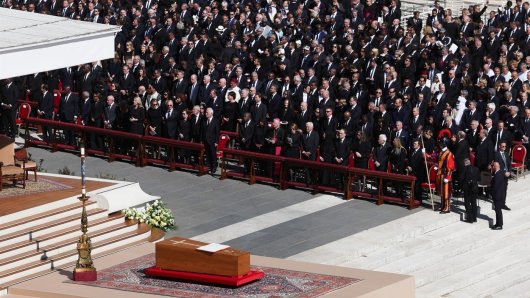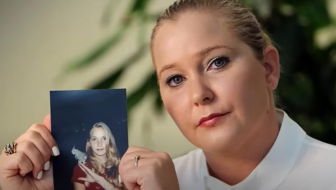Estimates about the economic situation in Croatia in 2012 vary greatly - while forecasts by some economic analysts are mildly optimistic, others predict an economic disaster to last for years.
Zarko Primorac believes that if the new government salvages the country's credit rating and implements the necessary measures, Croatia can expect a growth rate of 1-1.5 percent in 2012; Ljubo Jurcic believes that World Bank projections of a 1 percent GDP decline are still optimistic, while Uros Dujsin claims that the global crisis will end only in 2018, which he says will have a disastrous impact on Croatia.
Speaking on December 19 at a presentation of the publication "Business Expectations 2012", issued by the Privredni Vjesnik business weekly, Primorac expressed surprise at a recent World Bank forecast of a one percent GDP drop in Croatia and the bank's call for painful cuts, saying that restrictions alone had never helped anyone overcome the crisis.
The government should make the most of the optimism arising from EU entry and government change, deal with the problem of insolvency and inject some fresh money into the economy to finance export growth, farming, tourism and small and medium enterprise. Banks should increase loans to the business sector, and if that is done, GDP will grow despite a worsened situation in the external environment, Primorac said.
However, Ljubo Jurcic, who this year was again named the economic analyst of the year, warned that Croatia did not have anything to export. In 2012, the EU will experience an economic decline, which will lead to the stagnation of Croatian exports, Jurcic said, adding that tourist spending would decrease as well.
Croatia's industries have been stagnating for a long time, which leaves agriculture as the only branch to count on, he said, adding that results in agriculture depended on weather conditions.
"We have had a wrong economic model for years, which is why 500,000 working-age people do not work, and all reforms are only modifications of that model," said Jurcic.
He agreed that cutting expenditures alone was not the solution and that employment and production should be stimulated.
Uros Dujsin said that the recent global crisis, just like the crises of the 1930s and the 1970s, would last ten years and end only in 2018.
"Its consequences for Croatia will be disastrous because the government will have to minimise the impact of the crisis on society while drastically cutting public spending," Dujsin said, adding that there was a danger of mass protests.
The survey "Business Expectations" is slightly more optimistic than it was last year, as evidenced by an average mark of 2.31 as against 1.99 in 2010. The survey covered 442 companies which account for 15 percent of all corporate revenues and employ 17 percent of all corporate employees.
The owner of the Orbico company, Branko Roglic, said he expected the new government to establish a balance between the public sector and the real sector and start restructuring public and state-owned companies.
Agrokor executive vice-president Damir Kustrak said the most important issue was defining the generator of growth.
Croatia still has significant state property which has not been used adequately, and growth requires investments - domestic, foreign, private and public, said Kustrak, adding that banks will have the most important role in investments as companies are aware of what they need to do to raise their competitiveness.


































